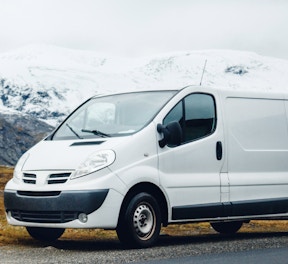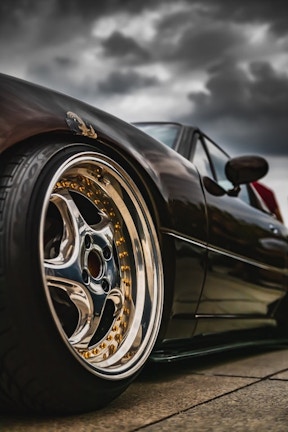How to sell a car: step by step guide
Selling your car can seemstressful. You want to make sure you’re selling for the best price, but selling to a trustworthy buyer. Annoyingly, that’s not always as straightforward as it should be, but hopefully, our guide on how to sell a car can help. Steps Prep your car You may love your car and … Continue reading “How to sell a car: step by step guide”






